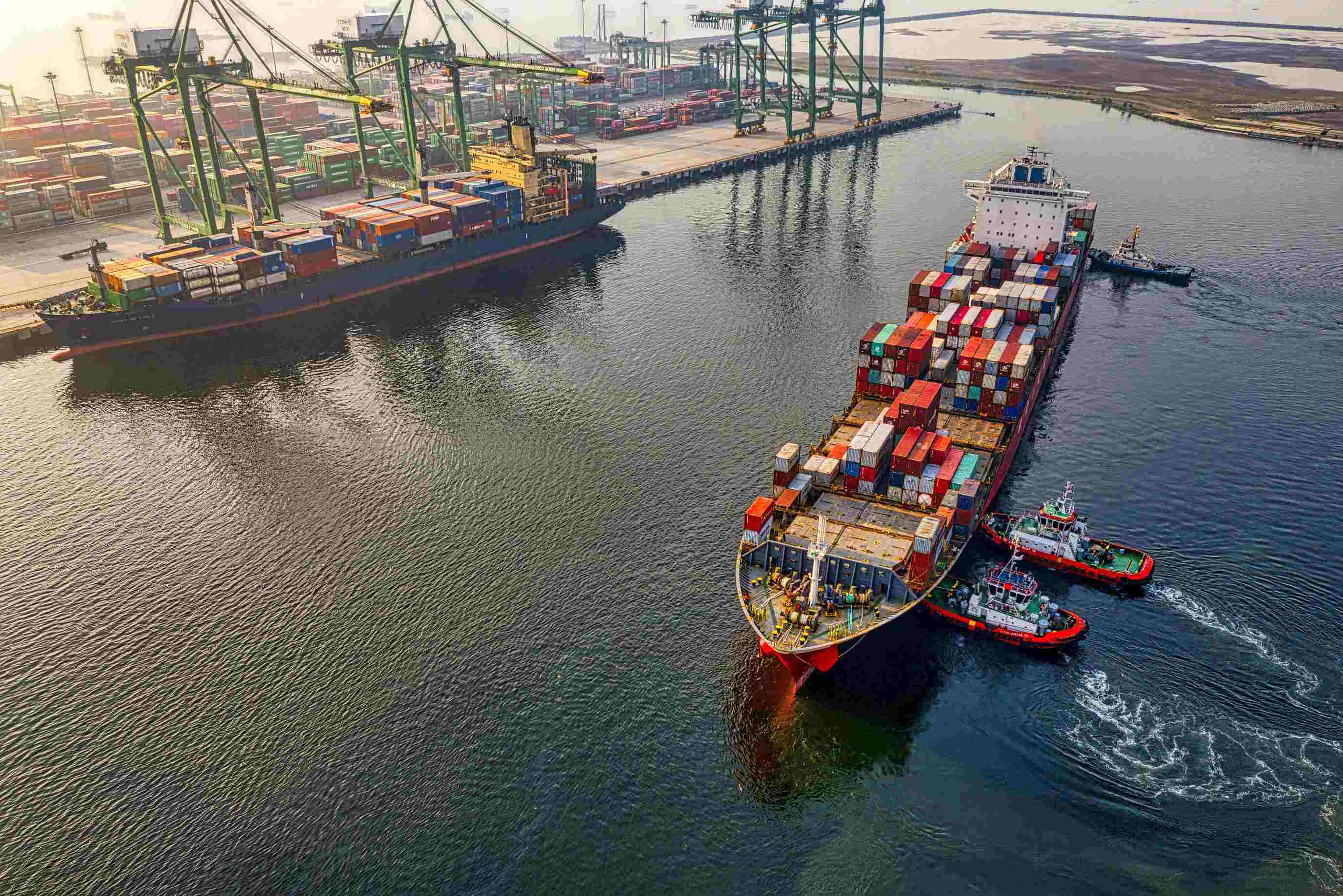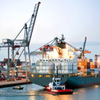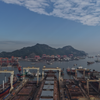The Lifeline of Global Trade-Cargo Ships

The Importance of Cargo Ships in International Trade:
- Cargo ships are the backbone of international trade, carrying over 80% of the world's goods. These vessels are responsible for transporting a wide range of commodities, including raw materials, manufactured goods, and energy resources. They connect producers with consumers, enabling the global supply chain to function seamlessly.
- Cargo ships offer several advantages over other modes of transportation. They have the capacity to carry large volumes of cargo, making them ideal for long-haul journeys. Additionally, they are cost-effective, especially for bulk shipments, and can access almost any port worldwide. These factors make cargo ships a preferred choice for exporters and importers, as well as industries such as mining, agriculture, and manufacturing.
Impact on the Global Economy:
- The efficient transportation provided by cargo ships has a profound impact on the global economy. These vessels facilitate global trade by connecting markets and enabling the flow of goods across borders. They support the growth of industries by ensuring a steady supply of raw materials and components, as well as the distribution of finished products.
- Cargo ships also contribute to job creation and economic development. Ports that handle cargo traffic require extensive infrastructure, including terminals, cranes, and storage facilities. These investments create employment opportunities and drive economic growth in port cities and regions. Additionally, the shipping industry itself provides jobs for seafarers, dockworkers, and logistics professionals.
Challenges and Innovations:
- Despite their essential role, cargo ships face several challenges that need to be addressed for the industry's sustainability and growth. One significant challenge is environmental impact. Cargo ships are a significant source of greenhouse gas emissions and contribute to air and water pollution. The industry is actively exploring cleaner and more sustainable solutions, such as using alternative fuels, adopting energy-efficient technologies, and implementing emission reduction measures.
- Another challenge is the increasing size of cargo ships. The demand for larger vessels, driven by economies of scale, has led to the construction of mega-container ships capable of carrying over 20,000 TEUs (twenty-foot equivalent units). However, these larger ships require deeper ports and specialized infrastructure, posing challenges for many ports worldwide. Investments in port expansion and dredging projects are necessary to accommodate these mega-ships.
- Furthermore, technological advancements are transforming the cargo shipping industry. Automation, digitalization, and the Internet of Things (IoT) are revolutionizing operations, enhancing efficiency, and improving safety. These technologies enable real-time tracking of cargo, optimize route planning, and streamline logistics processes. However, their implementation requires significant investments and poses challenges related to cybersecurity and workforce adaptation.
Conclusion:
Cargo ships are the lifeline of global trade, enabling the transportation of goods and commodities across the world's oceans. Their efficiency, capacity, and cost-effectiveness make them indispensable to international trade and the global economy. Addressing environmental concerns, investing in port infrastructure, and embracing technological innovations are crucial for the sustainable growth of the cargo shipping industry. As global trade continues to expand, cargo ships will remain at the forefront, connecting nations and driving economic prosperity.
If you have the following requirements: New ship manufacturing/ Second-hand ships trading/ Ship quality assessment/ Equipment maintenance/ Connecting Chinese ship brokers/ Third-party ship transaction guarantees service.
please visit www.vesselslink.com
-
Posted in
cargo ship






